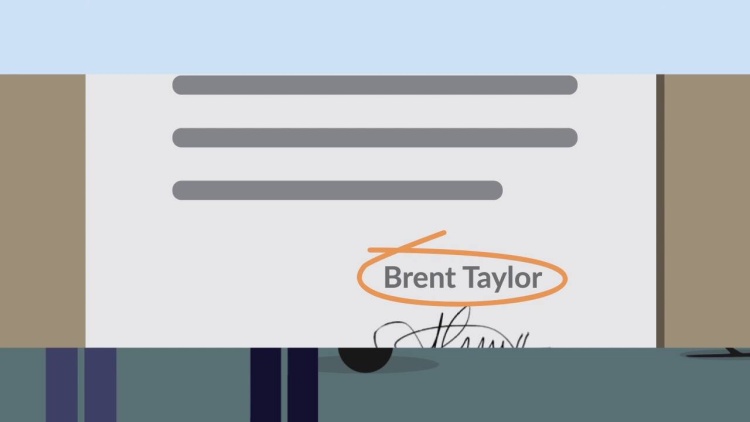Taylor v. Sturgell
United States Supreme Court
553 U.S. 880 (2008)
- Written by DeAnna Swearingen, LLM
Facts
Brent Taylor (plaintiff), an antique-aircraft enthusiast, filed suit in the United States District Court for the District of Columbia seeking to obtain via Freedom of Information Act request the plans for a particular model plane’s engine. Prior to Taylor’s suit, his friend, Greg Herrick, also an antique-aircraft enthusiast, filed a similar suit in the United States District Court for the District of Wyoming seeking the same information. Herrick’s suit was dismissed when the agency he made the request to, the Federal Aviation Administration (FAA) (defendant) refused to release the plans at issue. The FAA stated that it would not release the information as it constituted trade secrets on the part of the company that built the engine, Fairchild Corporation (defendant). When Herrick produced a letter written by Fairchild in 1955 that appeared to be a repudiation of trade-secret protection on Fairchild’s part, the FAA contacted the company, which exercised its trade-secret protection. Herrick’s suit was then dismissed. Taylor sued, represented by the same attorney, arguing, in addition to claims raised in Herrick’s suit, that Fairchild was not able to now use trade-secret protections when it appeared to dispense with them years prior. The district court granted summary judgment to the FAA and Fairchild, finding that Taylor’s claim was barred by claim preclusion. The United States Court of Appeals for the District of Columbia Circuit affirmed, finding that Taylor was “virtually represented” by Herrick. Herrick appealed.
Rule of Law
Issue
Holding and Reasoning (Ginsburg, J.)
What to do next…
Here's why 907,000 law students have relied on our case briefs:
- Written by law professors and practitioners, not other law students. 47,100 briefs, keyed to 996 casebooks. Top-notch customer support.
- The right amount of information, includes the facts, issues, rule of law, holding and reasoning, and any concurrences and dissents.
- Access in your classes, works on your mobile and tablet. Massive library of related video lessons and high quality multiple-choice questions.
- Easy to use, uniform format for every case brief. Written in plain English, not in legalese. Our briefs summarize and simplify; they don’t just repeat the court’s language.






